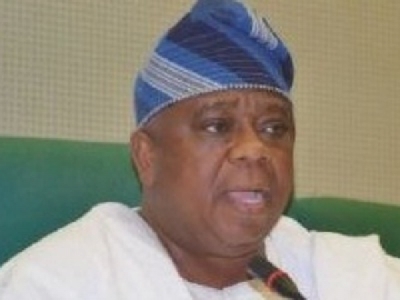
Posted on January 17, 2017
By Segun Adebowale, The Eagle Online
The Lagos State Government has restated the need for an Environmental Impact Assessment report for any proposed project in the state.
It said the EIA is a decision making tool, which provides decision makers with the necessary information to satisfactorily assess both the environmental and social effects of a planned project.
The State Commissioner for the Environment, Dr. Babatunde Adejare, disclosed this at the Stakeholders’ Engagement on Environmental Impact Assessment for Dredging and Land Reclamation Projects in Lagos State, held at Ikorodu Local Government and Eti-Osa East Local Council Development Areas.
According to him, Environmental Impact Assessment ensures that the potential impact of a proposed project is identified and measures for mitigation proffered before the commencement of the project.
Adejare, who was represented by the Director, Environmental Management, Sherif Savage, also emphasised that EIA is a vital part of project implementation process in which community members must be involved.
He therefore enjoined communities to have interest in any proposed project brought to their domain and demand for EIA on such projects to forestall untoward consequences.
“Environmental Impact Assessment ensures that people to be affected by the project are carried along in the project implementation process. It reduces or eliminates conflicts between project proponents and community members, while it enhances public acceptance of projects and their sustainability,” he added.
The Commissioner explained that EIA report is a process which includes the submission of Terms of Reference for the environmental impact assessment; Registration of proposed project with the regulating Ministry; Site verification which involved seeing and assessing the nature and sensitivity of the site; Field studies and submission of draft EIA report upon approval of term of reference.
Other steps are the Review of draft EIA report for the purpose of evaluating the adequacy of the technical details of the report and the Approval or Disapproval of EIA report.
While debunking some of the misconceptions about EIA, Adejare noted that carrying it out is not money making venture for government or waste of time and resources.
Adejare however maintained that the relevant stakeholders in environmental impact assessment process are the appropriate regulators/regulatory agencies, project host community/communities, community leaders and people affected by the project.
The two-day event, themed: “Community/Stakeholders’ Engagement in Environmental Impact Assessment for Dredging and Land Reclamation Projects in Lagos State,” was aimed at sensitizing major stakeholders on the issue.
Source: The Eagle Online





